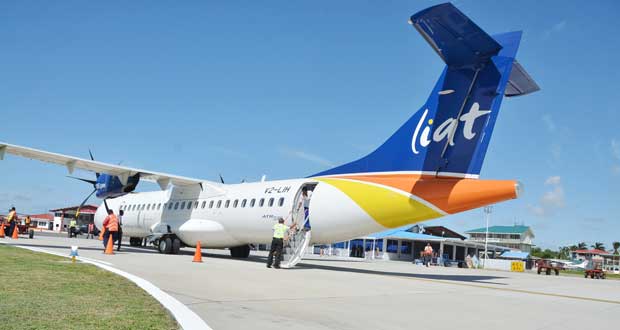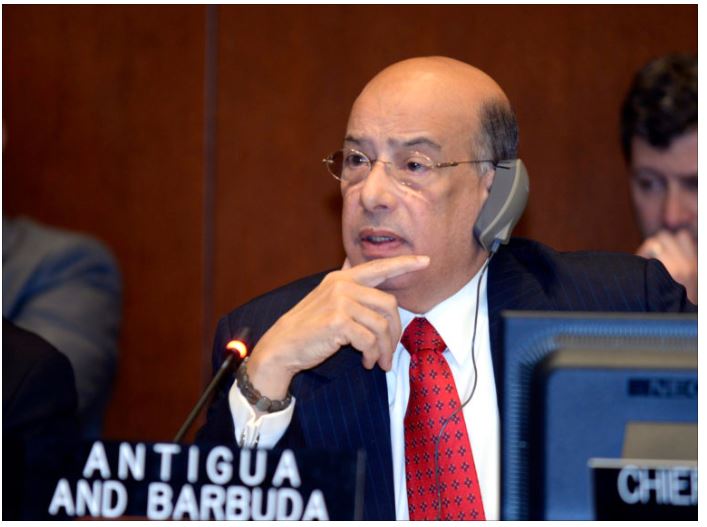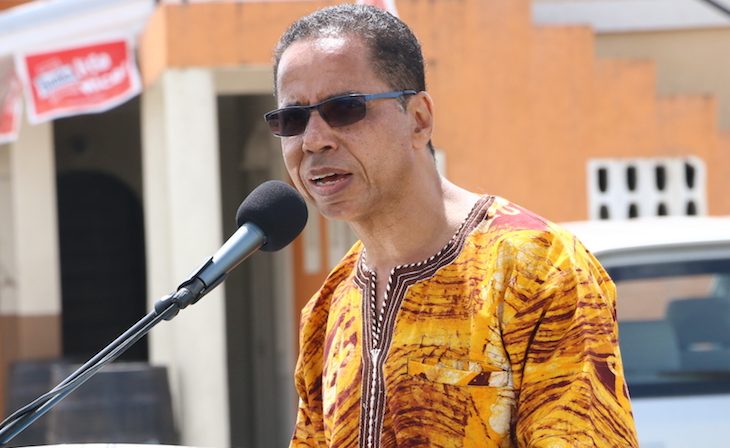Even in the closest of families, there will be disputes. Some will be storms in teacups only to be resolved at the next clan gathering. But, unfortunately, some family disputes can become so endemic that they are disruptive for generations to come.
In recent times, we have witnessed moments of tension between some leaders of the Caribbean Community (CARICOM). On the surface, there are the usual pleasantries and civil engagement but there are some challenges that are emerging before the public.
There have been episodes of passive-aggressive behaviour on the part of these political animals. And we do not intend this to be a pejorative label but a term of endearment, for politics is no Sunday school.
When the novel coronavirus (COVID-19) made its unwelcome arrival in the region in March, a duel was on full display between Trinidad and Tobago, through the antics of National Security Minister Stuart Young, and Barbados over the return of 33 Trinidadian nationals holed up here.
For close to a month, the region was treated to a display that seemed more like an American reality show than a diplomatic tiff with serious implications for the Trinidadian nationals who were denied entry to their homeland.
Prior to that, there were rumblings about whether Barbados had quietly lured Ross University School of Medicine from Dominica, where it was situated for four decades, to relocate to this island in 2018.
We know the move was a devastating blow to Dominica’s economy. Ross University was a major economic driver in that Eastern Caribbean nation, and so nerves are still raw over that development which came on the heels of the devastation caused by Hurricane Marie in 2017.
Dominica’s Prime Minister Roosevelt Skerrit tried to temper angry calls in his homeland to bring some kind of legal action over the medical school’s move to Barbados just three years after it signed another 20-year partnership agreement with the island.
The latest controversy has erupted between Prime Minister Mia Mottley and Antigua and Barbuda’s leader Gaston Browne. Two political titans in their own right, they have been involved in a war of words that seems to have devolved into a good old Caribbean political gutter fight.
Browne, who is not known for being politically correct, has not been veiled in displaying his anger at Prime Minister Mottley and Prime Minister of St Vincent and the Grenadines Dr Ralph Gonsalves, leaders of two of the main shareholders in the beleaguered regional airline LIAT. They, along with Dominica have agreed to liquidate the carrier.
Gonsalves and Mottley believe there is no further utility in throwing good money into this airline which is strangling under heavy indebtedness and very little capital investment, and it is beset by long-running industrial relations disputes with its pilots.
Browne has argued that the proposal to liquidate LIAT 1974 was tantamount to sabotage. He also poured scorn on the suggestion from Mottley that there were at least six carriers waiting in the wings to take LIAT’s place without being a burden on taxpayers.
Mottley, who just ended her term as CARICOM Chairman, is no shrinking violet and has not taken kindly to Browne’s language as he argues for retention of the St John’s-based carrier. She, in turn, has suggested some have sought to employ “bullying” tactics to move public opinion in their direction.
From the outside, what might be “great television” is really a most unpleasant display of Caribbean disunity. We urge some commonsense to prevail in this matter and for regional leaders to display the maturity that Caribbean people have come to expect from them.



